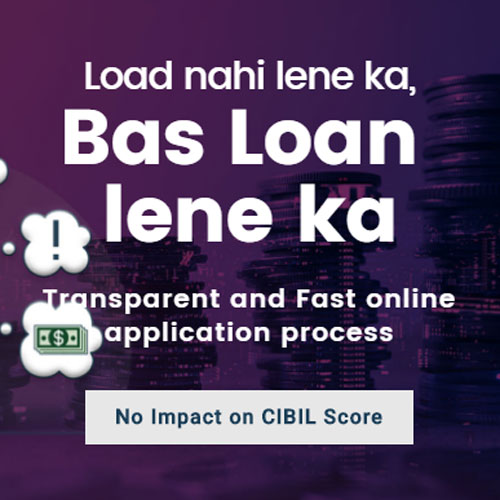The Integrated Child Development Services (ICDS) scheme is the largest program for the promotion of maternal and child health and nutrition in the world. The scheme was launched in 1975 with the aim of eliminating hazards to child health and development. The Integrated Child Development Scheme comes under the purview of the Ministry of Women and Child Development (MWCD) and is a centrally sponsored scheme that looks to ensure proper growth and development of children in rural, tribal and slum areas.
Objectives of the Integrated Child Development Scheme (ICDS)
The main objectives of the Integrated Child Development Scheme are:
- To enhance the health and nutritional levels of poor children in India below 6 years of age
- To create a base for proper mental, physical and social development of children in India.
- To reduce instances of mortality, malnutrition and school dropouts among Indian children.
- To coordinate activities of policy formulation and implementation among all departments of various ministries involved in the different government programmes and schemes aimed at child development across India.
- To provide health and nutritional information and education to mothers of young children to enhance child-rearing capabilities of mothers in the country of India.
- To provide nutritional food to the mothers of young children & also at the time of pregnancy period.
Services provided by the Integrated Child Development Scheme (ICDS)
The scheme aims at providing an integrated package of services. These services include
- Supplementary nutrition
- Immunization
- Health and medical check-ups
- Recommendation and referral services
- Pre-school non-formal education
- Nutrition & health awareness and information
- Supportive services, such as safe drinking water, environmental sanitation, women’s empowerment programmes, non-formal education and adult literacy.
Eligibility for the Integrated Child Development Scheme (ICDS)
ICDS is no longer only available to below the poverty line beneficiaries hence states are responsible to register all eligible beneficiaries.
Coverage and Outreach of the Integrated Child Development Scheme (ICDS)
The Integrated Child Development Scheme is the largest outreach programme operational through Anganwadi Centres (AWC) which serves as the first the outposts for health, nutrition and early learning services at the village level. These centers are manned by the Anganwadi worker (AWW) and an Anganwadi Helper (AWH).
Anganwadi’s are set up according to the population in a given area. The population norms are as follows:
| For Rural/Urban Projects (Anganwadi Centres- AWC) | |
| 400-800 | 1 AWC |
| 800-1600 | 2 AWCs |
| 1600-2400 | 3 AWCs |
| Thereafter in multiples of 800 | 1 AWC |
| For Mini AWC | |
| 150-400 | 1 Mini AWC |
| For Tribal/Riverine/Desert, Hilly and other difficult areas/Projects | |
| 300-800 | 1 AWC |
| For Mini AWC in above areas | |
| 150-300 | 1 Mini AWC |
Funding pattern for the Integrated Child Development Services Scheme
The Indian Government is the main sponsor of the ICDS, however, the scheme receives aid from various other non-government bodies. Three of the main contributors are Cooperative for Assistance and Relief Everywhere (CARE), UNICEF and the World Food Programme (WFP).





